- 132 Posts
- 167 Comments

 4·8 days ago
4·8 days agoI’m not old enough to remember those times; but why would you miss that? It’s certainly useful to have a meta/super key for desktop environment shortcuts, and I use the menu key as a compose key, though admittedly without the menu key I would probably put that on the right control key. :D

 102·10 days ago
102·10 days agoThere is no operating system with either name. The operating systems are called Debian, Arch, Fedora, Ubuntu, etc.
We need a name to collectively refer to them. If we say “Linux” because they share the Linux kernel, ok, but so does eg. Android.
What better name is there to refer to the ones in the above list, but not Android, than “GNU/Linux”?

 2·20 days ago
2·20 days agoI’ve never used the terminal on Android for anything serious. I’ve used it, but only for really nerdy things most users will never need.

 12·23 days ago
12·23 days agodeleted by creator

 8·24 days ago
8·24 days agoKolourPaint is very close to an exact clone of MS Paint from around Windows XP.
There are also xpaint and Pinta, which are somewhat different, but might satisfy your requirements too.

 92·25 days ago
92·25 days agoNot what I want to happen though.
I want them to release Windows as free and open source software. Windows is on a purely technical level not a bad OS. If it were FOSS, we would get dozens of excellent distributions of it.

 8·27 days ago
8·27 days agonow that is truly idiotic
I don’t mind apps drawing their own titlebars if they have a real use for it (I’m typing this comment in a Firefox window where the titlebar has the tab bar in it), but not having any window-manager-level title bar as a fallback at all and requiring apps to do that themselves?! Window managers everywhere else have been doing this since what, the 1984 Apple Macintosh?

 14·27 days ago
14·27 days agoWhat now? GNOME doesn’t support server-side decorations? It’s been years since I last used GNOME, so I may be out of touch; but if this is true, what happens if you do run something on GNOME that simply doesn’t have any code that draws its own titlebars? Or am I misunderstanding how any of this works?

 11·27 days ago
11·27 days agoI sometimes do that too, but as it’s not a thing on Windows (which I’m forced to use at work), it’s not my default habit.

 7·1 month ago
7·1 month agoReactOS is mentioned in the article, it’s a somewhat different approach.

 2·1 month ago
2·1 month agoI use it all the time in web browsers (Firefox/LibreWolf can do it even on Linux). I learned to use computers on Windows (mainly XP), so as far as I’m concerned, that has “always” been a thing, so why would I not use it.

 7·1 month ago
7·1 month agoFormer Windows users who expect that to start scrolling. I remember that happening to me when I was new to Linux.

 1·1 month ago
1·1 month agowot? I thought compiz was fairly well known but maybe I haven’t kept up with what is or isn’t well known nowadays, been using Linux for too long :D
https://en.wikipedia.org/wiki/Compositing_manager#X11_and_Wayland

 57·1 month ago
57·1 month agoI have long found it more useful what the middle mouse button does on Windows (start scrolling) and hope that becomes widely adopted, even outside browsers, on Linux one day too. Good step in that direction.

 22·2 months ago
22·2 months agoWhy would things from 12 years ago not be nostalgic?!

 4·2 months ago
4·2 months agoWhat would you replace the taskbar with?

 2·2 months ago
2·2 months agoI haven’t read about this before.
It’s interesting that (judging from the screenshot), they even tried to recreate the Apple menu, which on macOS isn’t a start menu after all; but I do wonder what is the way to start apps in this interface? Did they try to clone macOS in that regard to and do that through the “Finder” (probably Dolphin)?

 2·2 months ago
2·2 months agoObviously the way the previous commenter worded it would infringe on the platforms’ free speech, it’s only workable if we replace “harmful” with “illegal” (e.g. libelous).




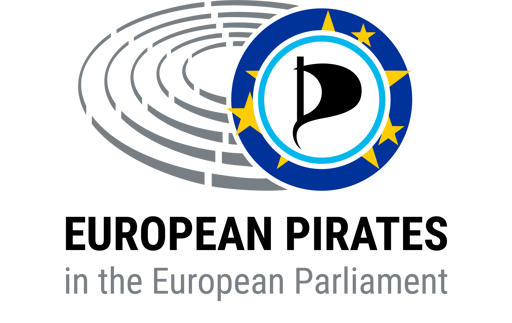
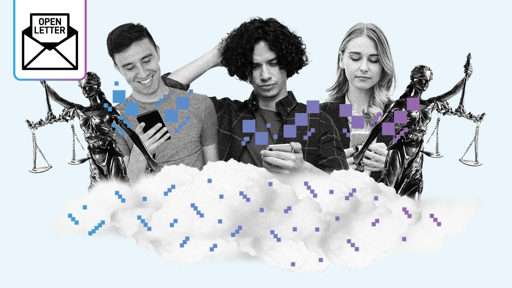




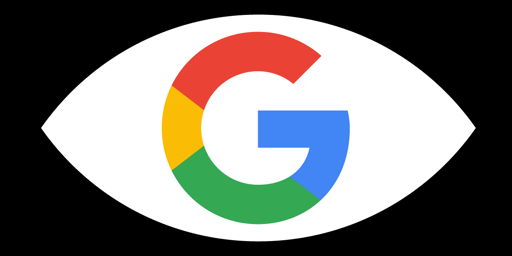

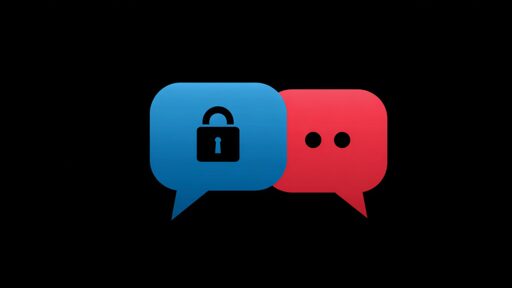




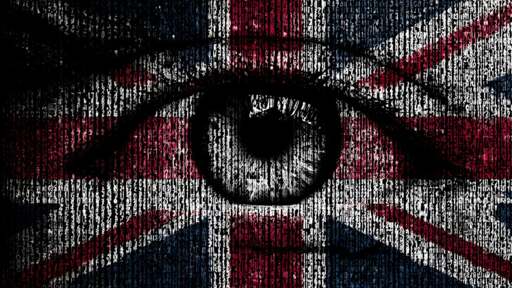

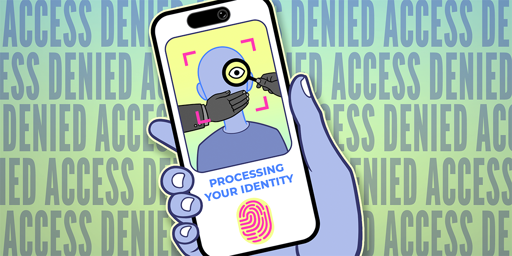
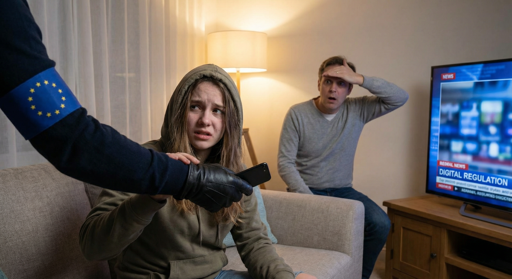
How many keyboards have that key nowadays? I have not bought a new keyboard or laptop very recently.